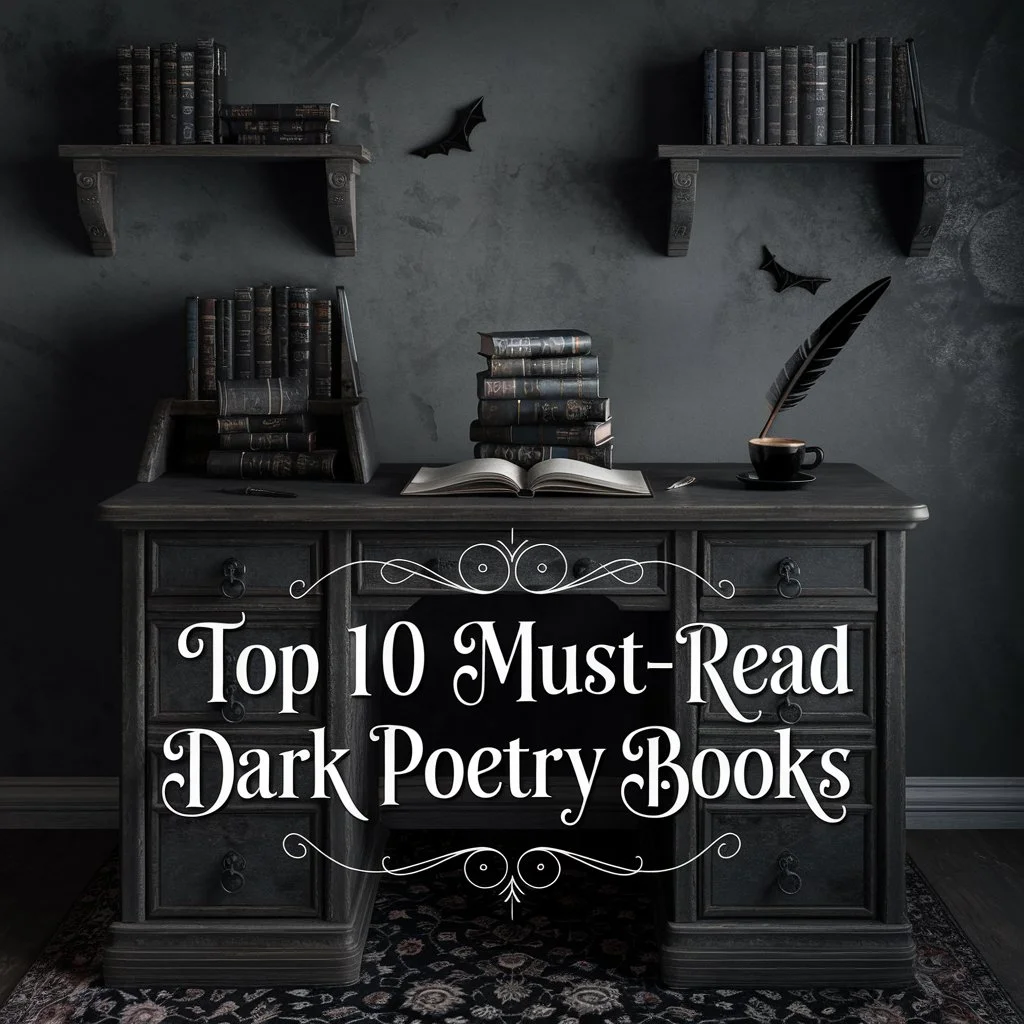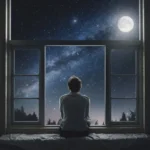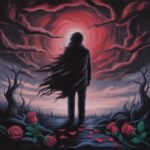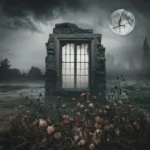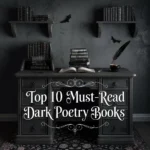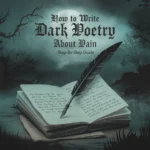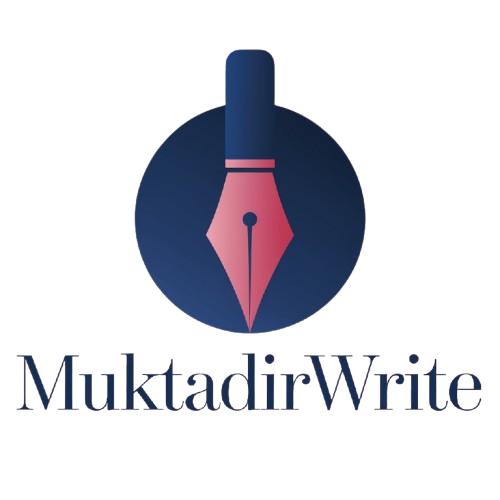Introduction: The Allure of Dark Poetry
There’s something hauntingly beautiful about dark poetry—the kind that lingers in your mind like the echo of a midnight whisper. It’s not just about gloom; it’s about diving into the raw, unfiltered corners of human emotion. Dark poetry books explore themes of loss, existential dread, love’s sharp edges, and the quiet mysteries of life, offering readers a mirror to their own hidden depths. Whether you’re drawn to the macabre or crave catharsis, these collections resonate because they dare to confront what we often bury. In this article, we’ll unveil 10 must-read dark poetry books that will leave you breathless, contemplative, and utterly captivated.
What is Dark Poetry?
Dark poetry is a genre that delves into the shadowy realms of human experience. It embraces themes like melancholy, death, existential angst, and the fragility of existence. Unlike traditional poetry, it doesn’t shy away from discomfort—instead, it amplifies it, weaving beauty into pain and finding light in the bleak. Readers gravitate toward dark poetry books because they validate complex emotions, offering solace in shared vulnerability. Think of it as a midnight conversation with your soul, where every stanza feels like a confession.
Top 10 Must-Read Dark Poetry Books
1. Milk and Honey by Rupi Kaur
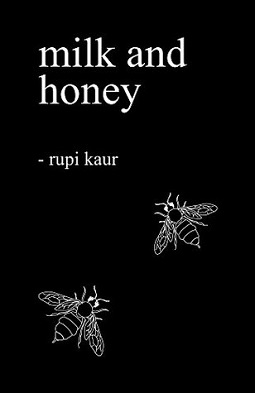
Rupi Kaur’s debut collection is a visceral exploration of trauma, healing, and femininity. Divided into four sections, it confronts abuse, heartbreak, and self-love with stark simplicity. Her minimalist style amplifies the rawness of pain, making it a modern classic for those seeking truth in darkness.
2. The Raven and Other Poems by Edgar Allan Poe
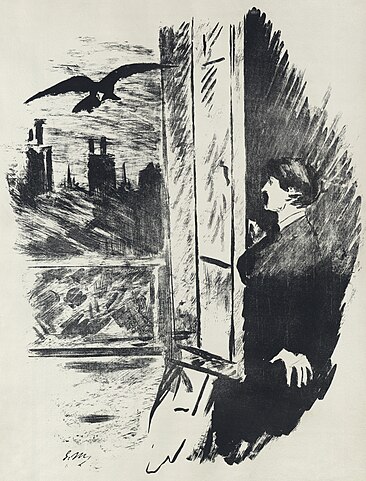
No list of dark poetry books is complete without Poe. This collection is a masterclass in Gothic horror, dripping with eerie symbolism and obsession. “The Raven” remains iconic, but lesser-known gems like “Annabel Lee” and “The Conqueror Worm” haunt just as deeply.
3. Ariel by Sylvia Plath
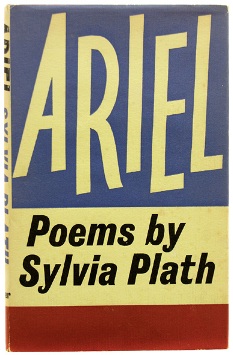
Plath’s posthumously published work is a whirlwind of anguish and brilliance. Poems like “Lady Lazarus” and “Daddy” grapple with mental illness, identity, and mortality. Her vivid, often unsettling imagery cements Ariel as a cornerstone of confessional dark poetry.
4. The Princess Saves Herself in This One by Amanda Lovelace
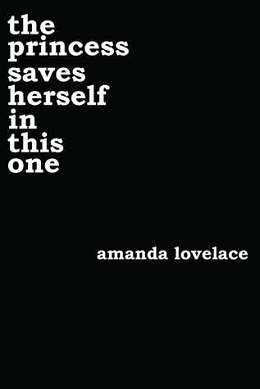
Lovelace’s feminist dark poetry collection blends fairy-tale metaphors with stark reality. It tackles abuse, grief, and resilience, empowering readers to find strength in their scars. Its accessibility makes it a gateway for newcomers to dark verse.
5. Night Sky with Exit Wounds by Ocean Vuong
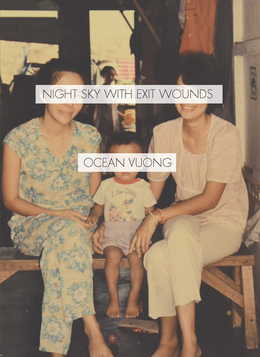
Vuong’s debut is a lyrical gut-punch. His poems weave trauma, queerness, and immigrant experiences into hauntingly beautiful narratives. Lines like “Sometimes being offered tenderness feels like the very proof that you’ve been ruined” linger long after reading.
6. The Lamentations of Julius Marinus by Catherynne M. Valente
Valente’s lesser-known gem is a tapestry of myth and melancholy. It reimagines historical and fictional figures through a lens of existential sorrow, blending lush language with themes of impermanence and longing.
7. Crush by Richard Siken
Siken’s Crush is a fever dream of obsession and desire. His frenetic, visceral style—evident in poems like “Litany in Which Certain Things Are Crossed Out”—captures the violence and beauty of love, making it a cult favorite.
8. The Last Night of the Earth Poems by Charles Bukowski
Bukowski’s gritty, unflinching verses explore alcoholism, loneliness, and societal decay. His trademark rawness turns mundane despair into profound art, appealing to readers who crave poetry without pretense.
9. Black Aperture by Matt Rasmussen
This National Book Award finalist confronts suicide and grief with startling clarity. Rasmussen’s imagery—like “the moon, a bone button lost in the grass”—transforms personal tragedy into universal reflection.
10. The Dark Between Stars by Atticus
Instagram poet Atticus balances darkness with hope in this collection. While softer than others here, his musings on love and loss—paired with enigmatic photography—offer a gentle entry into shadowy themes.
Why Read Dark Poetry Books?
Dark poetry isn’t just about wallowing in sadness—it’s about transforming pain into art. These books act as emotional conduits, helping readers process grief, anger, or existential questions. Studies suggest that engaging with melancholic art can foster empathy and catharsis, almost like therapy. For writers, dark poetry books are masterclasses in economy of language: a single line can unravel a universe of feeling. Whether you’re seeking solace, inspiration, or a deeper connection to humanity’s shared struggles, dark poetry offers a lantern in the fog.
Conclusion: Embrace the Shadows
Dark poetry books are more than ink on paper—they’re companions for the soul’s stormiest nights. From Plath’s searing honesty to Poe’s Gothic grandeur, each collection on this list invites you to confront the beauty in brokenness. So light a candle, open a page, and let these poets guide you through the labyrinth of human emotion.
Some of the best dark poetry books include “The Raven” by Edgar Allan Poe, “Night Sky with Exit Wounds” by Ocean Vuong, and “Ariel” by Sylvia Plath.
Dark poetry explores deep emotions, existential themes, and the beauty of melancholy. It helps readers connect with raw human experiences and artistic expression.
